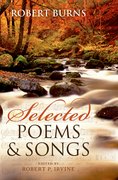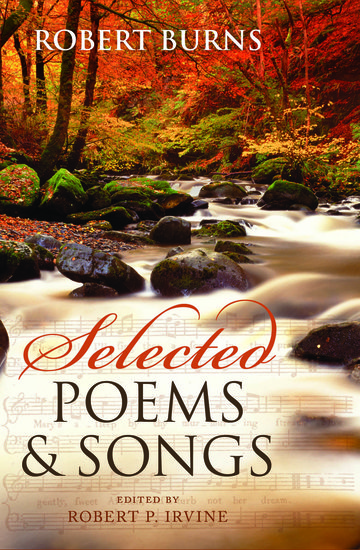The private life of Robert Burns
It’s almost that time of year again, when families, friends and acquaintances get together to host a Burns supper, and celebrate the life and poetry of Robert Burns. Variously known as Rabbie Burns, the Bard of Ayrshire or the Ploughman Poet, Burns is widely regarded as the national poet of Scotland and indeed celebrated worldwide.











